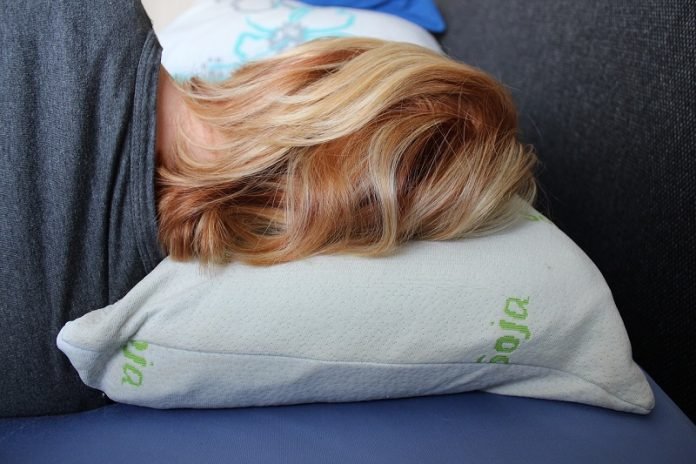
When we’re in pain, we have a hard time sleeping. But how does poor sleep affect pain?
In a recent study, scientists at the University of California, Berkeley, have answered that question by identifying neural glitches in the sleep-deprived brain that can intensify and prolong the agony of sickness and injury.
Their findings, published in the Journal of Neuroscience, help explain the self-perpetuating cycles contributing to the overlapping global epidemics of sleep loss, chronic pain and even opioid addiction.
A recent National Sleep Foundation poll found that two in three chronic pain patients suffer from reoccurring sleep disruptions.
By applying uncomfortable levels of heat to the legs of two dozen healthy young adults – while scanning their brains – the team found that the neural mechanisms that pick up on pain signals, evaluate them and activate natural pain relief are disrupted when operating on insufficient sleep.
While researchers proved their hypothesis that sleep deprivation would increase pain sensitivity, what surprised them was ramped-down activity in the nucleus accumbens, a region of the brain’s reward circuitry that, among other functions, increases dopamine levels to relieve pain.
Source: UC Berkeley
If you care about wellness, please read studies about herb that could help you sleep better at night, and what you need to know about headache pain.




